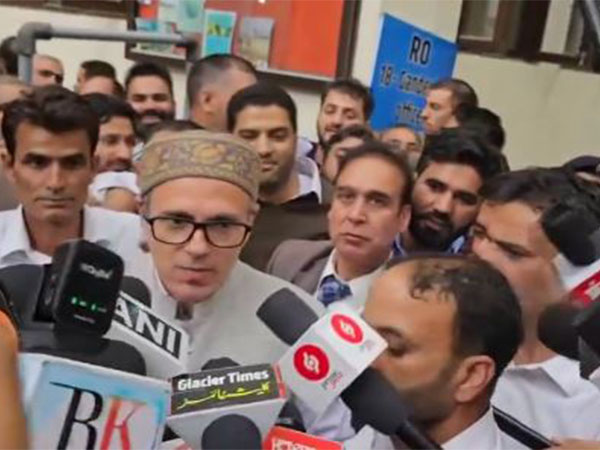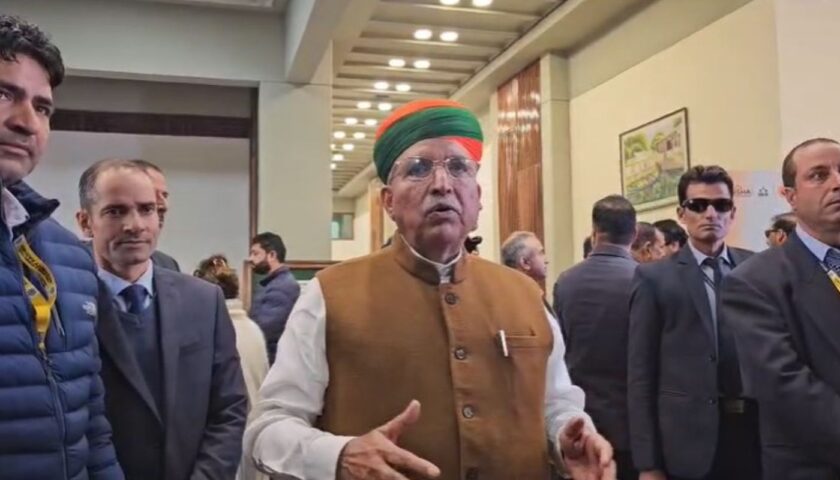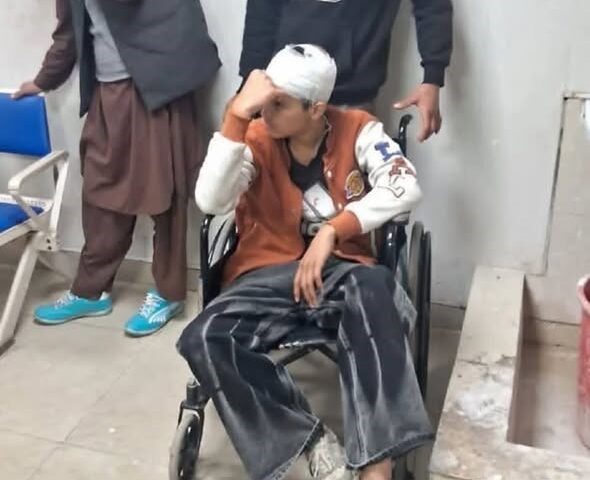NC-Led Alliance Condemns Waqf Bill and LG’s Decisions: ‘Respect the People’s Mandate'”
Srinagar 04 April 2025: The National Conference (NC), spearheading a coalition government in Jammu and Kashmir under Chief Minister Omar Abdullah, has made a strong statement against the recent Waqf (Amendment) Bill and administrative directives from Lieutenant Governor Manoj Sinha. In an emergency meeting held at Fairview Gupkar, the alliance underscored its concerns over actions perceived to undermine democratic governance and institutional integrity.
The high-stakes meeting, chaired by Chief Minister Omar Abdullah, gathered leaders from the NC and its coalition allies. Following hours of deliberation, the alliance passed two key resolutions, signaling their disapproval of recent developments that they believe jeopardize the mandate and rights of the people of Jammu and Kashmir.
The Waqf Bill: A Divisive Development
Addressing the media post-meeting, NC leader Tanvir Sadiq expressed unequivocal opposition to the Waqf (Amendment) Bill, describing it as “anti-minority and anti-Muslim.” Sadiq highlighted concerns over the potential impact of the bill on Waqf properties and the socio-economic interests of the Muslim community in Jammu and Kashmir.
“We strongly condemn the bill and its implications. It is a direct affront to the Muslim community’s trust and heritage. The alliance stands united in rejecting this legislation,” Sadiq stated.
Administrative Transfers: A Growing Rift
The second resolution focused on the controversial transfer orders of 48 Jammu and Kashmir Administrative Service (JKAS) officers by the Lieutenant Governor’s office. The coalition views these actions as an infringement on the elected government’s authority, challenging the principles of democratic governance. Sadiq cautioned that the alliance’s cooperative stance with the Centre and the Raj Bhavan should not be misinterpreted as weakness.
“This is our final appeal to the Centre and the Lieutenant Governor. Do not mistake our coordination for complacency. The people’s mandate must be respected, and unilateral decisions must be avoided,” he asserted.
Congress legislator Nizamuddin Bhat reinforced the alliance’s stand, emphasizing the sanctity of legislative processes. He stated, “Governance cannot be dictated solely by bureaucratic commands. The voices of the elected representatives must hold weight if democracy is to thrive.”
Political Dynamics and the Way Forward
The resolutions come at a time when the relationship between the Chief Minister’s office and the Lieutenant Governor’s administration remains strained, underscoring a broader struggle for power and influence in the Union Territory. The alliance reiterated its commitment to cooperation but stressed the necessity of respect for political mandates and institutional roles.
The high-level meeting reflects growing dissatisfaction among regional leaders over perceived overreach from the Raj Bhavan and lingering frustrations with the delay in restoring Jammu and Kashmir’s statehood. With escalating political and governance concerns, the alliance has signaled its intent to remain steadfast in safeguarding democratic principles in the region.
Key Takeaways from the Resolutions:
- Rejection of the Waqf (Amendment) Bill – Termed as discriminatory and harmful to minority communities.
- Appeal for Respecting the Mandate – Urged authorities to avoid unilateral actions that undermine the elected government’s role.
- Call for Institutional Integrity – Stressed the importance of legislative processes over bureaucratic decisions.




